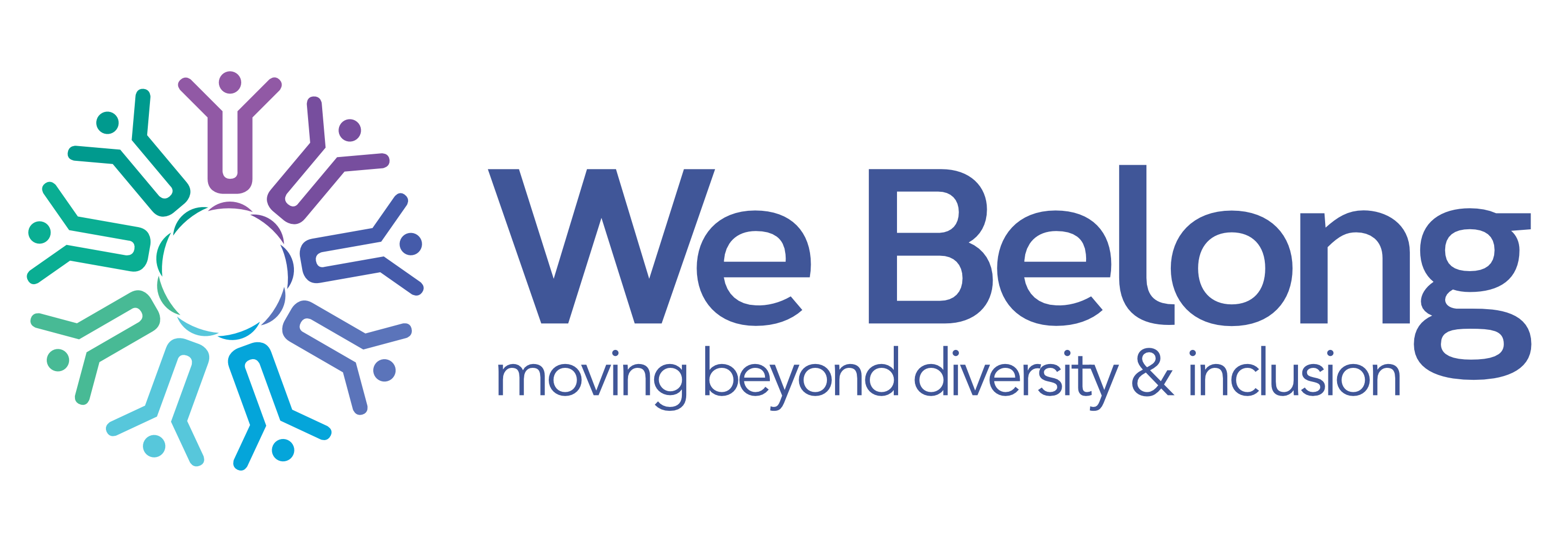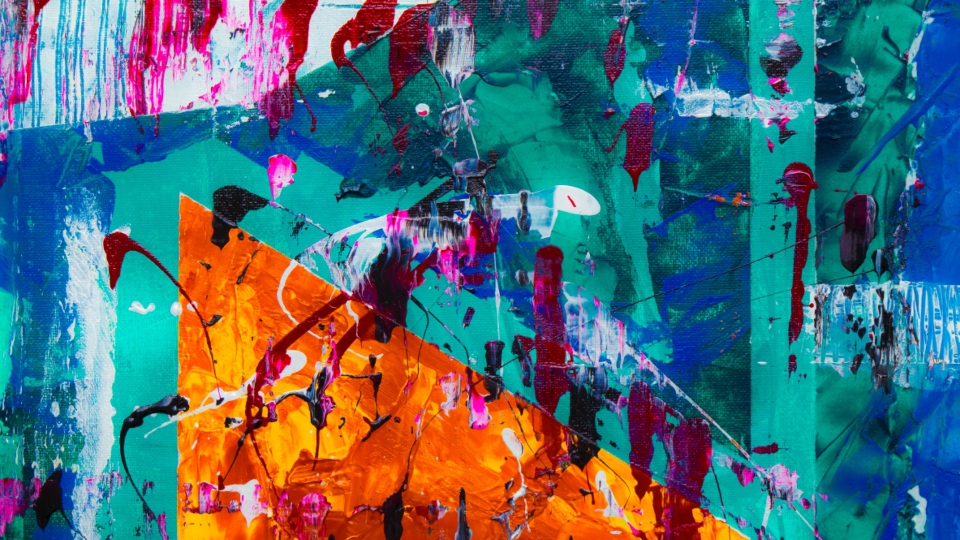The day I looked in the mirror years ago and heard the judging voice in my head, shock me into seeing my racial bias and discovering that a young Afrikaaner rugby player can have dreams like mine.
Unless we explore our strongly held but often unconscious beliefs, we will not free ourselves to create belonging wherever we choose. Our socio-political history has left us deeply scarred by bias on many levels. And because memory and beliefs are deeply embedded in our emotional experience, much of our bias is deeply embedded in our psyche and will take conscious practice to override. Which means we must uncover them. Without an awareness of our own bias we perpetuate the very behaviours we find hurtful and exclusionary around us.
It’s my first year of Big School. I take home a form my parents must sign:
The page has lots of words swimming on them as I hold it out to my dad.
“Daddy, my teacher said you must say what race I am: white, coloured, black or Indian.”
I watch his face go red with rage then he shouts: “Tell your teacher you’re none of those things. You belong to the Human race. That’s all!” He huffs and storms out of the room.
I look at my mum uncertain about what I’ve done wrong.
“We don’t use those ugly labels, darling,” my mum soothed. “They’re not our words.”
So began my resistance to the Apartheid system I grew up in. As I grew, I read and as I read, I raged. At high school I witnessed courageous teachers held in detention for their writing or speaking out, my cousin exiled after detention without trial. I became ever more passionate about the dismantling of a system of unspeakable oppression. I don’t have to describe this to you. And I certainly don’t claim to have experienced the worst of it.
But as a youth, these experiences fuelled my dream of a Free South Africa one where each of us belonged, without fear of each other, without shame for where we came from, without despair for the future. A country where we had equal opportunity and equal hope of thriving. Surely the answer was simply to educate, empower and uplift?
With that flaming dream, I actively protested. I rallied. I toi-toied serving the student movement during the 80s, singing and chanting our way to freedom.
Later I trained in teaching English to speakers of other languages. In this field I continued the work of creating bridges between people of diverse languages within our communities and abroad. I held language and literacy classes in Gugulethu and Nyanga for children and adults. I taught English to foreign visitors to our country – refugees and tourists alike. Along this path I applied to lead an Academic team at the largest Women’s University in the World – a part of the world notorious for its oppression of women. I was going to live a long held dream!
Educate. Empower. Uplift.
To obtain the post however, I needed to qualify as an International Examiner
The pass requirement? 100%. I’d been pretty comfortable being a steady 80 percenter for most of my school days and by university that dropped to an easy 60. So I knew 100% would be a stretch.
For a universal standard, there was no margin for error. 100% or Fail.
The email with results was brief:
Writing: Pass 100% - Certificate included
Listening: Fail 90%
You are allowed to re-sit this exam only once
I had scored one student incorrectly. But Who?
As I retook the exam a week later, my head throbbed with self-doubt and speculation…was the Italian, the Chinese, the Brazilian…?
In the absence of confidence, I mustered every ounce of focus. And then I heard it: the 8th speaker…heavy flat Afrikaaner accent talking about Rugby…
and the emphatic, dismissive voice in my head:
Reflex reaction. Immediate:
Dumb Boer!
I felt my tummy tighten in shock. My cheeks redden in silent humiliation.
I had caught myself out as a bigot! My racial bias was staring right at me!
In an instant I realised that I had stopped listening to this young man, merely because his accent reminded me so powerfully of the enemy of my angry youth.
I shot up.
In the stillness of my mind now, I listened. And for the first timeI heard his aspirations. I heard his rich vocabulary, his articulate clear expression and his passion for the sport he loved, his dream for a better future.
He was not the Botha or Verwoed whose laws had thwarted my parents’ education. He was not the soldier who fired tear gas into the garden where 5 year old Hani was playing in 1976.
He was not the policeman who Sjambokked me and my friends. He was not the constable who arrested my cousin in 1986.
Outside of my bias, for the FIRST TIME, I could see that this young man had a dream to travel on the merit of his skill – Just like me.
He was submitting to the process of an exam – Just like me.
He dreamed of a bright new future – Just like me.
He belonged to the Human Race – JUST LIKE ME
But my past said we were different. My Past said he was a threat to me.
And in the blink of that thought, my bias almost sabotaged BOTH our futures.
I would have failed him because of how he SOUNDED
And in the process, I would fail as an examiner.
I am grateful for the realisation in that exam-room. It opened up again, the possibility not only of getting beyond our differences, but acknowledging our SHARED HUMANITY
I had recognised my bias…but only the second time around. It was that recognition that opened the door to an invaluable opportunity in the Middle East - another very different people and culture. A lesson that equipped me for uncovering further bias there.
But imagine I was working with this person daily. Someone I subconsciously dismissed whenever they spoke. Or if I disregarded him because I already believed we were just too different? And of course, I had all my historic evidence to show how RIGHT I was to be this way.
What kind of work environment would I create? What kind of culture would exist around me?
What are the chances then of creating belonging for myself and others? What chance would I have of experiencing connection, community and belonging?
As we do mirror work, we ask big questions to uncover hidden beliefs, bringing candour and compassion to our self-discovery.
Who do you see as OTHER?
Who do you dismiss as irrelevant?
Whose “OTHERNESS” do you see as a PROBLEM?
What’s YOUR bias?

